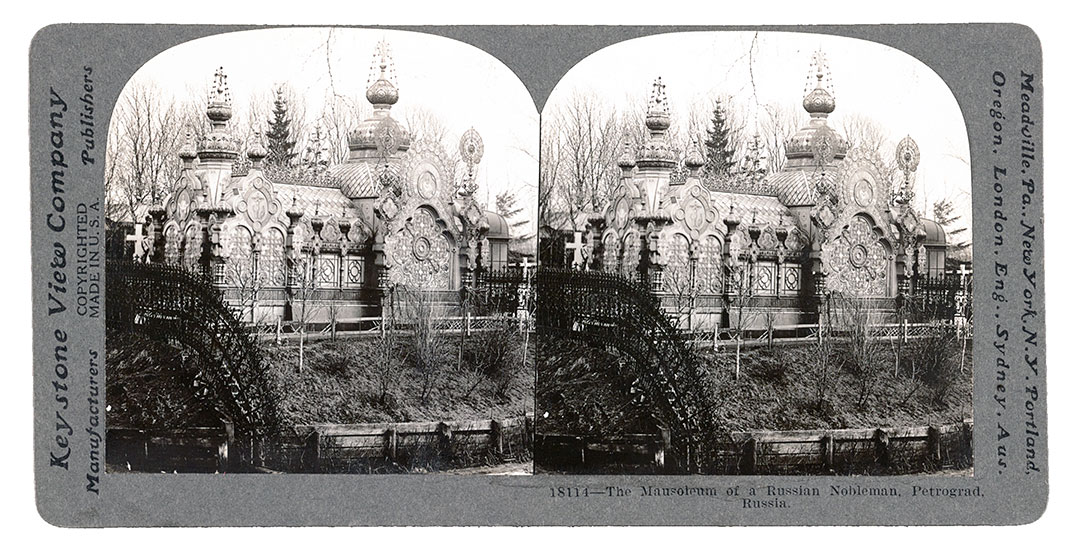tension

It is nearly the end of the month and I have yet to finish Tynyanov’s The Death of Vazir-Mukhtar, which I feel like I have been reading forever, which I feel like I could read forever. Seventy pages from the end I drag myself to read it with reluctance, because each page brings me closer to the promised end (or vision of that sorrow). I flip back and each page is filled with promise and foreboding, narrative time and characters’ plans warp and shimmer, an arrow never moving but always pointed towards a target. As a whole, it provokes a feeling of lassitude and this feeling is not the reader’s, but the book’s, which is an extraordinary artistic effect, if it isn’t entirely a product of my imagination and not the author’s (and translator’s). 1
- I don’t know if I like the book I am reading (or have read) or the book I have imagined as I read it. It is one of those rare occasions where I can’t really tell how closely the two match; they could be the same, but they could be a stereoscopic pair.[↩]
